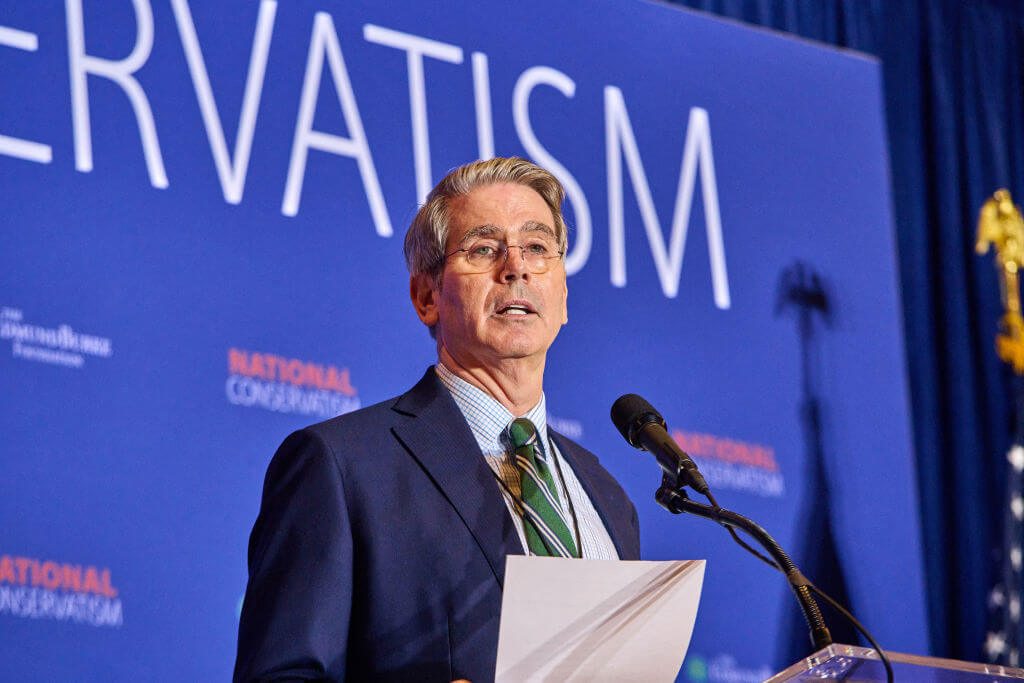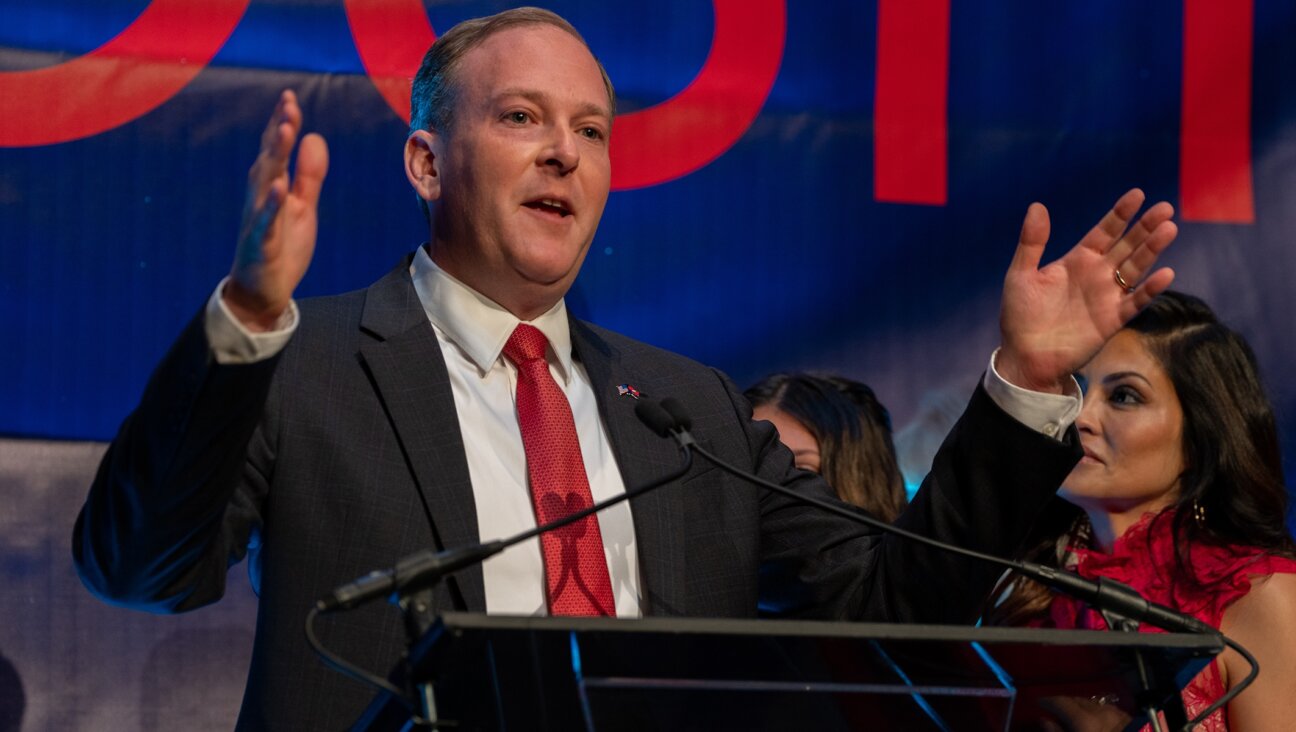A Crisis Foreseen
A current of astonishment has been rippling through the American consciousness over the past few weeks, since our simmering mortgage crisis suddenly erupted into a full-fledged, category-5 worldwide economic calamity. For years, the drama has been unfolding before our uncomprehending eyes, from the first drop in home sales in 2005 through the cascading foreclosures and bankrupt lending institutions of 2007 and early 2008. At each stage, experts explained that the markets were correcting themselves and the fundamentals were sound. America, after all, had the world’s strongest economy.
Then came the spectacular bankruptcies of 2008: Bear Stearns, Fannie Mae, Freddie Mac and then, a month ago, Lehman Brothers, the biggest bankruptcy in history, unleashing a global credit freeze and a string of huge business failures. Now we understand that we are at a historic crossroads, facing a protracted cold spell like the decade-long Great Depression of the 1930s, the worst economic crisis in modern history. The question now is whether or not this crash will dwarf the 1930s, and whether the era of American global power is over for good.
Our leaders tell us that this collapse was a long time coming, that it results from decisions taken decades ago — deregulation, tax cuts, massive deficits, unchecked export of manufacturing jobs. These were the results of necessary decisions, we are told, broadly backed by Republicans and Democrats alike. Nobody could have foreseen the price.
But the price was foreseen. Some independent-minded economists had been warning for years — correctly, we now know — about the dangers of deregulation, tax cuts and wage stagnation to economic stability.
This newspaper issued its own warning in 2004, in a Yom Kippur editorial titled “Mortgaging Our Future.” It was, it turns out, a depressingly accurate prediction of the coming credit crisis and the looming eclipse of American power, which few experts now dispute. Borrowing has always carried a stigma, we wrote, but “these days, with the red ink surging to biblical proportions, the discussion is shifting from our nation’s character to its future.”
We weren’t alone. European leaders, we learned, were pleading with the Bush administration that fall to tackle deficits, end irrational tax cuts and restore middle-class purchasing power by reducing inequality. They warned of an international financial crisis and a loss of American world primacy if the fiscal madness continued — but found, as one top European government official told the Forward in early 2005, that Washington “refuses to listen.” “It’s terrifying,” we were told.
Indeed. Sometimes it’s tragic to be proved right.
A message from our CEO & publisher Rachel Fishman Feddersen

I hope you appreciated this article. Before you go, I’d like to ask you to please support the Forward’s award-winning, nonprofit journalism during this critical time.
We’ve set a goal to raise $260,000 by December 31. That’s an ambitious goal, but one that will give us the resources we need to invest in the high quality news, opinion, analysis and cultural coverage that isn’t available anywhere else.
If you feel inspired to make an impact, now is the time to give something back. Join us as a member at your most generous level.
— Rachel Fishman Feddersen, Publisher and CEO























